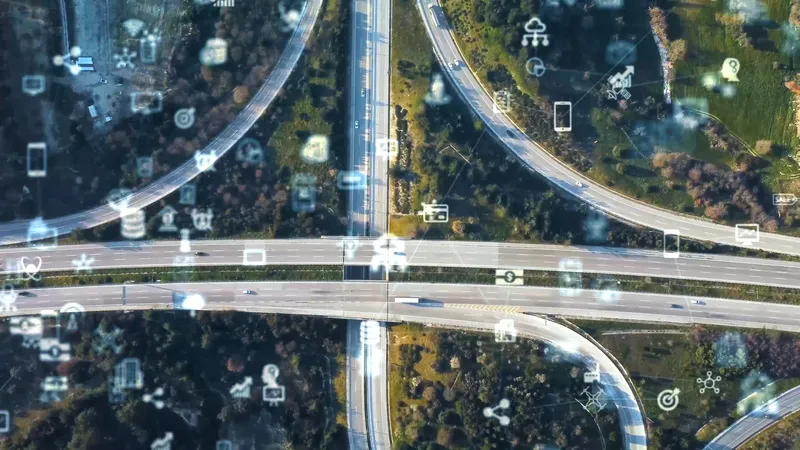Passengers renting from airport and off-airport locations can make changes, extend their rental as well as lock and unlock the car’s doors from their smartphone.
The Mobility Lab will provide real-time inventory counts, mileage management and automated maintenance notification. The data collected aims to facilitate the enhancement of Avis’ fleet management capabilities as well as provide scalable benefits to increase the number of its connected vehicles.
Larry De Shon, president and chief executive officer, ABG, said: "Our Mobility Lab in the greater Kansas City area extends our next-generation mobility initiatives. The steps we're taking with connected car and smart technologies will increase customer satisfaction as well as reduce operational costs in the near term, while also preparing us to meet the evolving needs of consumers, entrepreneurs, corporations and governments, like the City of Kansas City, a recognized global leader for its Smart City advancements."
Avis launches mobility lab to test connected cars, Kansas City
Avis Budget Group (ABG) has launched a Mobility Lab to test a fleet of 5,000 connected vehicles across 20 car rental locations which include Kansas City International Airport, Nebraska’s Eppley Airfield and Lincoln Airport. The test aims to provide a seamless connection between Avis’ fleet management platform and its mobile app while creating opportunities to collaborate with municipalities on Smart City initiatives around the world. Passengers renting from airport and off-airport locations can make change
December 7, 2017
Read time: 2 mins








